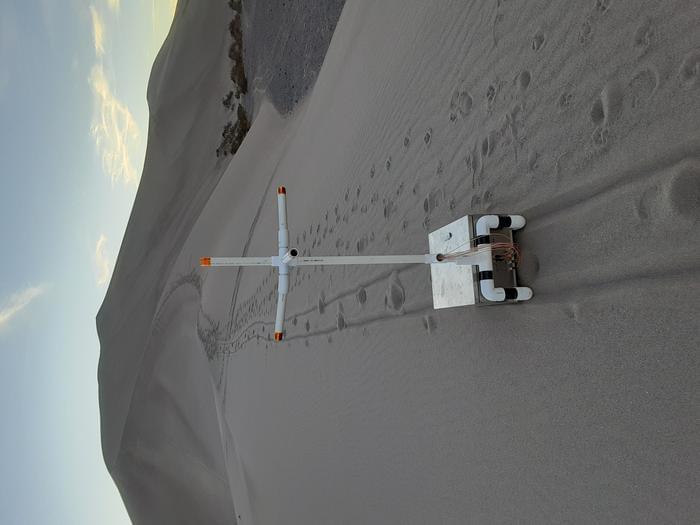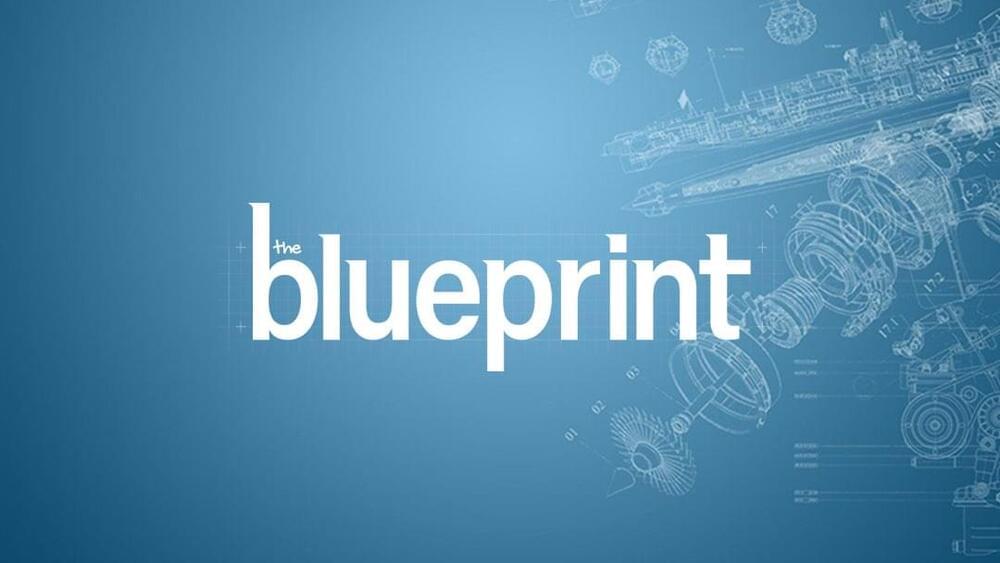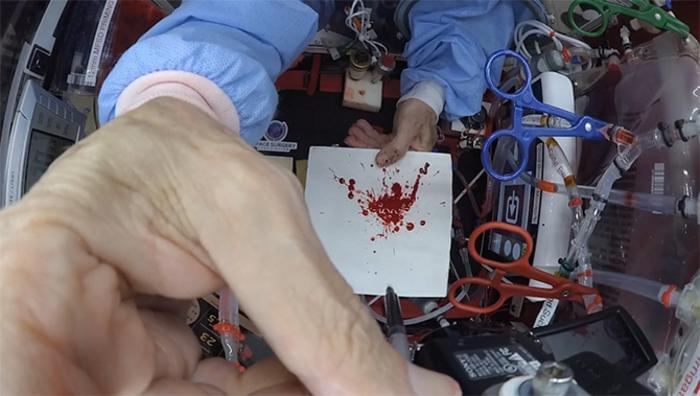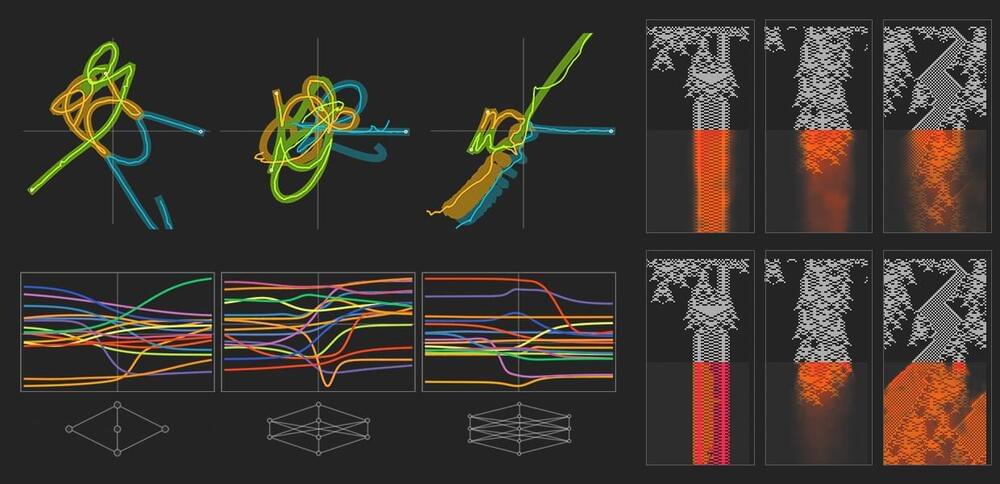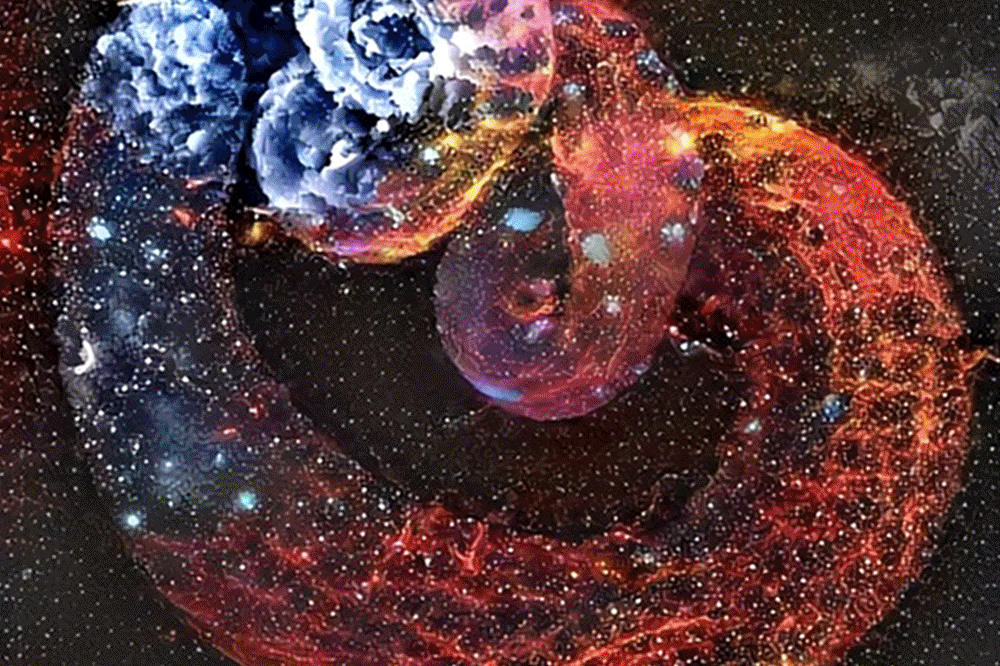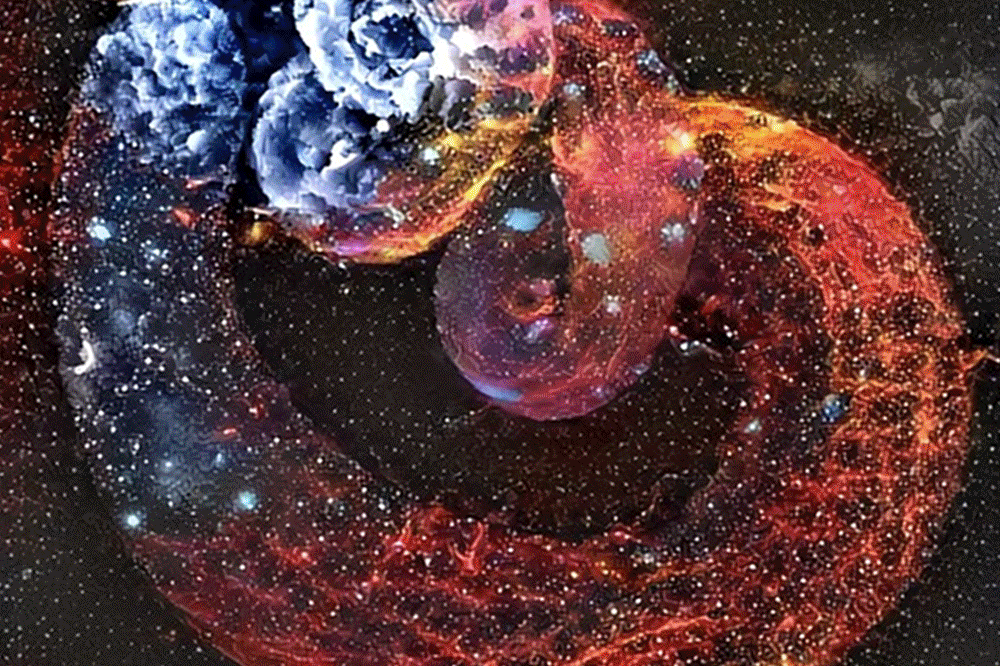With the continued advancement of human space exploration, how can forensic science—which contributes to the criminal justice system by analyzing evidence through a myriad of methods—be applied to outer space? This is what a soon-to-be-published study in Forensic Science International Reports hopes to address as a team of international researchers led by Staffordshire University investigated how bloodstain patterns behave under microgravity conditions. This study holds the potential to help scientists and astronauts better understand how Earth-based science can be applied to space, specifically long-term spaceflight.
“Studying bloodstain patterns can provide valuable reconstructive information about a crime or accident,” said Zack Kowalske, who is a PhD student at Staffordshire University and a Crime Scene Investigator for the Roswell Police Department in the State of Georgia, and lead author of the study. “However, little is known about how liquid blood behaves in an altered gravity environment. This is an area of study that, while novel, has implications for forensic investigations in space.”
For the study, the researchers conducted blood spatters experiments on parabolic flights onboard a modified Boeing 747 with an emphasis on observing various angles of impact of the blood droplets and comparing their splatter patterns to those obtained under normal gravity conditions. The reason parabolic flights were used was due to their ability to simulate microgravity conditions, as they are designed to rapidly drop in altitude, thus providing passengers with a few moments of weightlessness.

